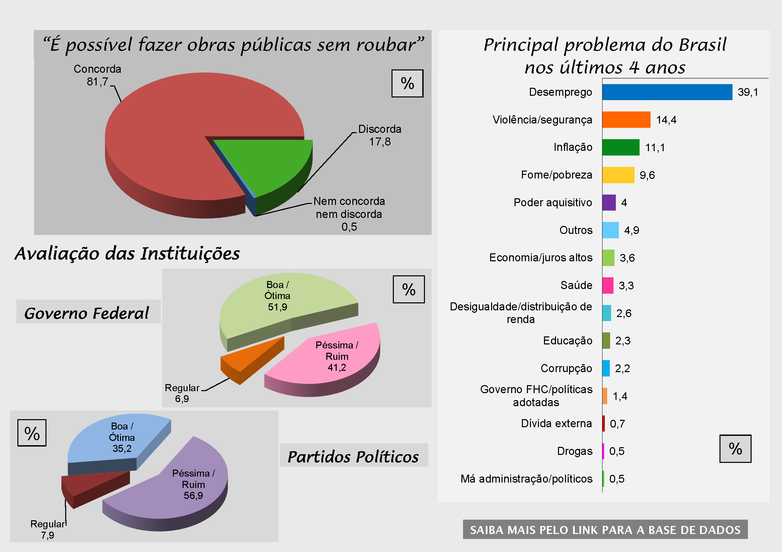Waves
Wave 1 – BES / 2002

BES 2002, the first post-electoral national survey for academic purposes, was inserted in Module 2 (2001–2005) of the Comparative Study of Electoral Systems (CSES), coordinated by the University of Michigan, whose central concern was to understand norms, representation, and accountability according to voters’ perceptions. The questions in this module seek to assess if elections indeed act as a mechanism for the representation of citizens and as instruments ensuring the government will be responsive; the forms of political engagement of citizens and the relations among institutional contexts and socioeconomically distinct political and electoral behavior. These objectives form the foundation for the elaboration of the BES-2002 questionnaire, which, in addition to incorporating the common international questionnaire, counted on the participation of researchers and professors associated with centers and universities in the country and abroad to formulate specific questions to understand Brazilian democracy in political and social terms, such as opinions and values on issues of social hierarchy, the rights of women and minorities, and perceptions about the buying of votes. The data and reflections resulting from this first wave of post-electoral research contributed to the development and improvement of Political Science topics, as well as to the understanding of political phenomena at a national sphere. Some results of the BES-2002 are presented in the Public Opinion Journal, vol. X, n. 2 (Oct. 2004).